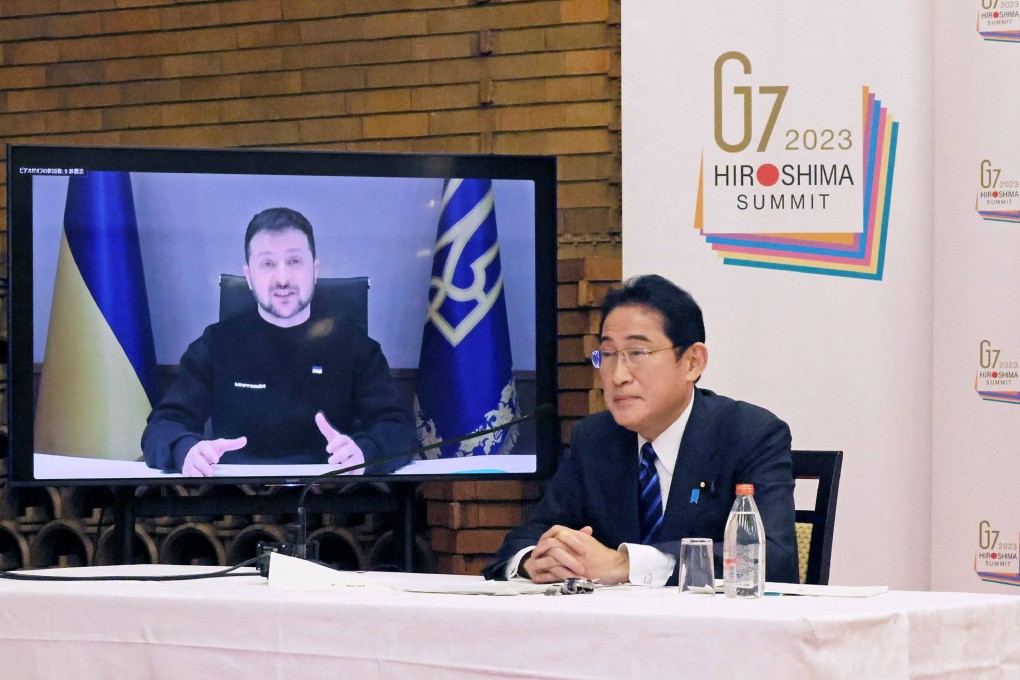Opinion | Ukraine war: Kishida’s hopes of making Japan a global diplomatic and military player risk crucial ties
- Foreign policy is one of the top priorities of the Kishida administration, as is increasing Japan’s military strength and ensuring regional stability
- Efforts to make Japan a bigger player in Ukraine could damage ties with China and Russia, though, which would put Japan’s economy at greater risk

Japanese Foreign Minister Yoshimasa Hayashi was absent from the recent Group of 20 meeting in New Delhi because of the need to attend the budget session at the National Diet in Tokyo. Article 63 of the Japanese constitution stipulates that all cabinet members must be present at such Diet sessions to make themselves available for questioning, with the current session of parliament beginning on January 23.
Nevertheless, Hayashi did attend the Quad meeting on March 3, which India also hosted. This suggests his absence from the G20 meeting was not based solely on legal constraints and reflected the priorities of the Kishida administration.
Foreign policy is a top priority for the Kishida administration. Yet, unlike the United States or Italy, Japan’s geographic proximity to Russia inevitably forces Kishida to be more cautious in making a prudent decision concerning the Ukraine conflict.
Japan has imported petroleum and natural gas from Middle Eastern nations via sea routes and from Sakhalin – an island over which Japan and Russia have historically fought and is now controlled by Russia.
